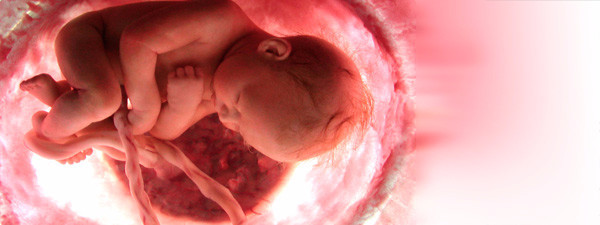The dangers of beach holidays in the winter
 Sunbathing, swimming, enjoying exotic dishes, admiring the lush nature is a very tempting prospect, especially when it is winter, frost and snow at home. But in order for such a holiday to succeed, not end in troubles, spoiled by mood, health problems, it will be useful to know about the dangers that may lie in wait for a tourist in hot countries.
Sunbathing, swimming, enjoying exotic dishes, admiring the lush nature is a very tempting prospect, especially when it is winter, frost and snow at home. But in order for such a holiday to succeed, not end in troubles, spoiled by mood, health problems, it will be useful to know about the dangers that may lie in wait for a tourist in hot countries.
Acclimatization
For our body, any change of conditions is a great stress. It is especially difficult for him to adapt to a hot climate after a cold winter. You also need to add new food here, another water – you also need to adapt to this.
If a person is relatively healthy, he has strong immunity, then acclimatization will be fairly easy. Those who suffer from chronic diseases, especially neurological, cardiovascular, bronchial asthma, such an abrupt change of climate can turn into a deterioration of health, exacerbations of chronic pathologies. But we must remember that we will have to return home, to cold, overcast sky, rain or snow. Only the body is accustomed to the hot summer – and again, change, and hence stress.
That is why people weakened, having chronic diseases, it is advisable not to risk in the winter period and to choose other, more traditional places for recreation.
Food and water
Coming to a foreign country, you always want to try local dishes. And here resting another trap lurks danger: unusual food and water can cause violations of the digestive tract and even poisoning.
In hot climates, pathogenic organisms and parasites feel great. Therefore, a chance to swallow some infection with food or water is quite high. This is especially true of street food, poorly washed fruit, water from the local water supply. By the way, the water from holy sources can be dangerous in terms of infections and parasites. Although it is both spring and holy, but how many people use this source, and not all of them are healthy.
Bathing
The main thing for which our compatriots go in winter to hot countries is bathing. It is unlikely that you catch the infection while swimming in the sea – pathogenic protozoa are a little in the salty sea water. Although the risk is still there – when swallowing water.
More likely danger – jellyfish and sea urchins. Jellyfish are extremely poisonous, and the meeting with them can end in tragedy. True, the resorts with the appearance of such jellyfish usually hang out a warning. Sea urchins are not so scary, but to step on a spiny ball or grab it with your hand is not enough.
What really poses a threat in tropical countries is freshwater: rivers, pools, and even ordinary puddles. It is in them that the larvae of helminth-flukes can cause schistosomiasis. And they can get infected by simply walking along the puddle with their bare feet.
Sand on the beach
Yes, the usual beach sand can be dangerous. The fact is that in the sand often lives sand flea. Males bites do not bring much harm: itching, redness – and after a couple of days everything passes. Much more serious is the sand flea bite of a female. It is embedded in the tissue and sticks to the blood vessel. At the same time, she lays eggs in the wound. The bite site is sore, inflamed, there may even be an ulcer.
Mosquitoes
Malaria mosquitoes inhabit the tropics, and this danger must be remembered when going to hot countries. When planning your trip, find out if they are found in the place of your choice and at what time they are especially active. There are resorts where there are no anopheles mosquitoes. In addition, in Egypt, their season continues, for example, from June to October.
Be alert after the trip.
Even if during the trip you are not sick, you should not relax. After all, many diseases do not appear immediately. Therefore, if you feel unwell or you have anxious symptoms: high fever, rash, indigestion and other symptoms of trouble, consult your doctor and be sure to tell him that you have recently returned from a trip. This will allow him to assume a probable diagnosis and prescribe the necessary examinations.



